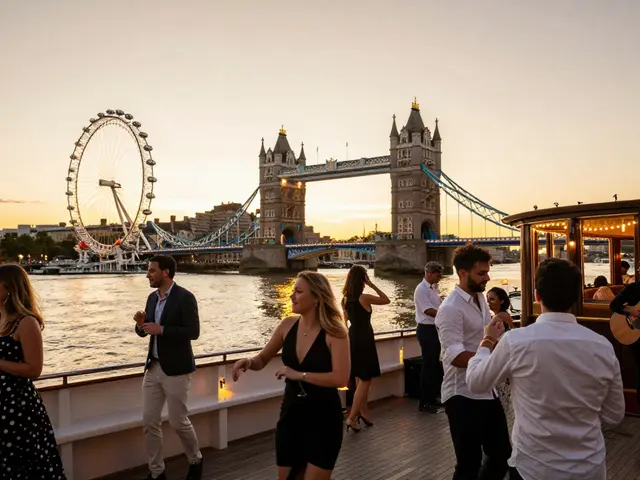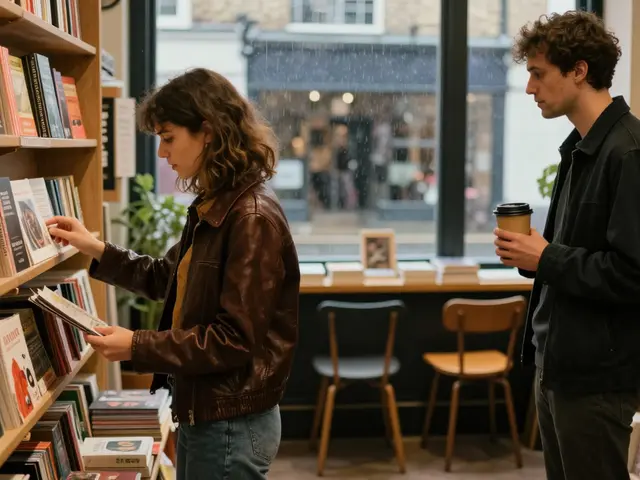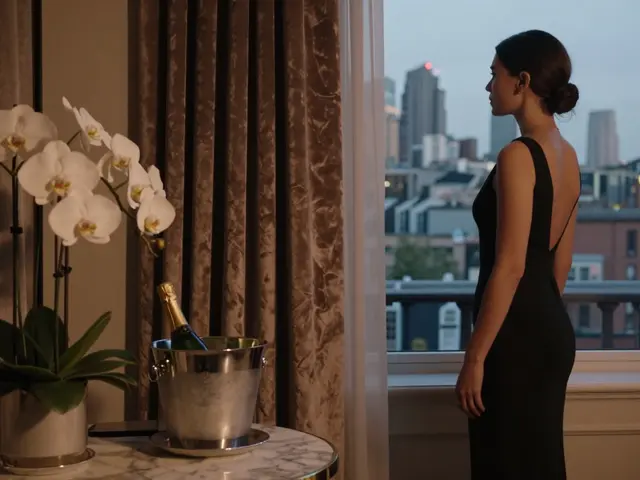
Ever wondered if you’re too young—or too old—to hit a UK club? You’re not alone. Loads of first-timers and seasoned dancers want the lowdown on when people actually start going clubbing and whether there’s a “normal” age for all the wild nights (and groggy mornings after).
The truth: laws, club culture, and shifting trends all play together here. Most UK clubs set 18 as the legal minimum, thanks to alcohol rules. But take a look around on a Friday night and you’ll spot groups ranging from fresh 18-year-olds to thirty-somethings dancing off work stress. The real “average age” isn’t as cut-and-dry as you’d think—location, music, and even uni term times can change the vibe.
Curious about when the party really starts, and when most people hang up their glittery shoes for good? Or maybe you’re after a club where you won’t feel out of place, whatever your age? Keep reading—you’re about to get the full picture, and a few secrets for making your next night out way smoother (and less awkward).
- Key Facts About Clubbing Ages
- What Does 'Average Age' Really Mean?
- Why People Start Clubbing (and When They Slow Down)
- Age Checks, Entry Rules, and What to Expect at UK Clubs
- Navigating Clubbing at Different Ages: Tips for Every Stage
Key Facts About Clubbing Ages
The minimum age for legal entry into most UK nightclubs is 18. That’s mostly because of alcohol licensing laws. So, you won’t get into standard clubs if you’re under 18, and most places do check IDs at the door—no exceptions for looking mature or coming with older friends.
The real average age for clubbers in the UK? It usually falls between 18 and 24 years old. That’s when you’ll see the biggest crowds, especially around cities with big universities like Manchester, Leeds, or London. After that, numbers drop off a bit, but plenty of people stay in the scene well into their late 20s or early 30s.
If you’re curious about how this all breaks down, check out this table with recent survey data from a major nightlife research poll in 2024:
| Age Group | % of Regular Clubbers |
|---|---|
| 18-21 | 38% |
| 22-25 | 29% |
| 26-30 | 17% |
| 31-35 | 10% |
| 36 and over | 6% |
Things look different depending on the club, though. For example, student nights or club events linked to universities are packed with the 18-21 crowd. On the other hand, clubs in bigger cities or ones that play throwback tunes often pull in an older bunch—sometimes well into their 30s or even early 40s.
It’s not set in stone. People start clubbing for all sorts of reasons: big birthdays, end-of-exams parties, or just wanting to try out the local nightclubs UK talk about all the time. And while most folks slow down once they start full-time jobs or have families, there’s no official “exit age.” Anyone can enjoy a night out; it just depends on what feels fun for you.
- You’ll usually see the busiest clubs on Friday and Saturday nights, plus mid-week student deals.
- A lot of clubs offer VIP or over-25 areas for those wanting to avoid the student crowd.
- Theme nights—like 80s or disco parties—tend to attract a more mixed age range.
If you’re worried about feeling out of place, focus on finding a venue or night that fits your style, not just your age. The UK clubbing world is pretty diverse, so there’s a scene for everyone, whether you’re just starting or still going strong at 35.
What Does 'Average Age' Really Mean?
So, when we talk about the average age clubbing UK, what are we actually saying? It’s easy to picture a number, but there’s a little more going on. Averages get tossed around a lot, but they don’t always tell the real story on the dance floor.
In the UK, almost all clubs require ID proving you're 18 or over. That’s the legal start point. According to a survey by the Office for National Statistics from 2023, most first-time clubbers walk in between ages 18 and 21. But here’s the thing: the “average” clubber’s age in big UK cities hovers around 23-24, while you’ll see slightly older crowds (think 25-29) in certain venues, especially where music styles or themes attract different age groups.
Check out this quick comparison for an idea of how it shakes out depending on the city and type of club:
| Location/Scene | Most Common Age | Typical Range |
|---|---|---|
| London Superclubs | 22 | 18–27 |
| Student Nights (Uni Towns) | 20 | 18–23 |
| Techno/House Clubs | 24 | 20–30 |
| 80s/90s Throwback Nights | 28 | 24–35 |
Now, averages don’t mean a cut-off. It just tells you where most people fit. You’ll always spot folks on either side—those just starting out at 18, and people in their thirties (or even beyond) returning for nostalgia trips or big celebrations. The takeaway? Clubbing isn’t just for one age group. Different nights and spots cater to different ages, and you can find your crowd if you know where to look.
One more thing—a lot of the time, the "average" hides some big differences based on your location, the night of the week, or even the kind of music playing. Fancy clubs in central London under 25s, while smaller indie venues might have a broader mix. There’s no one-size-fits-all.
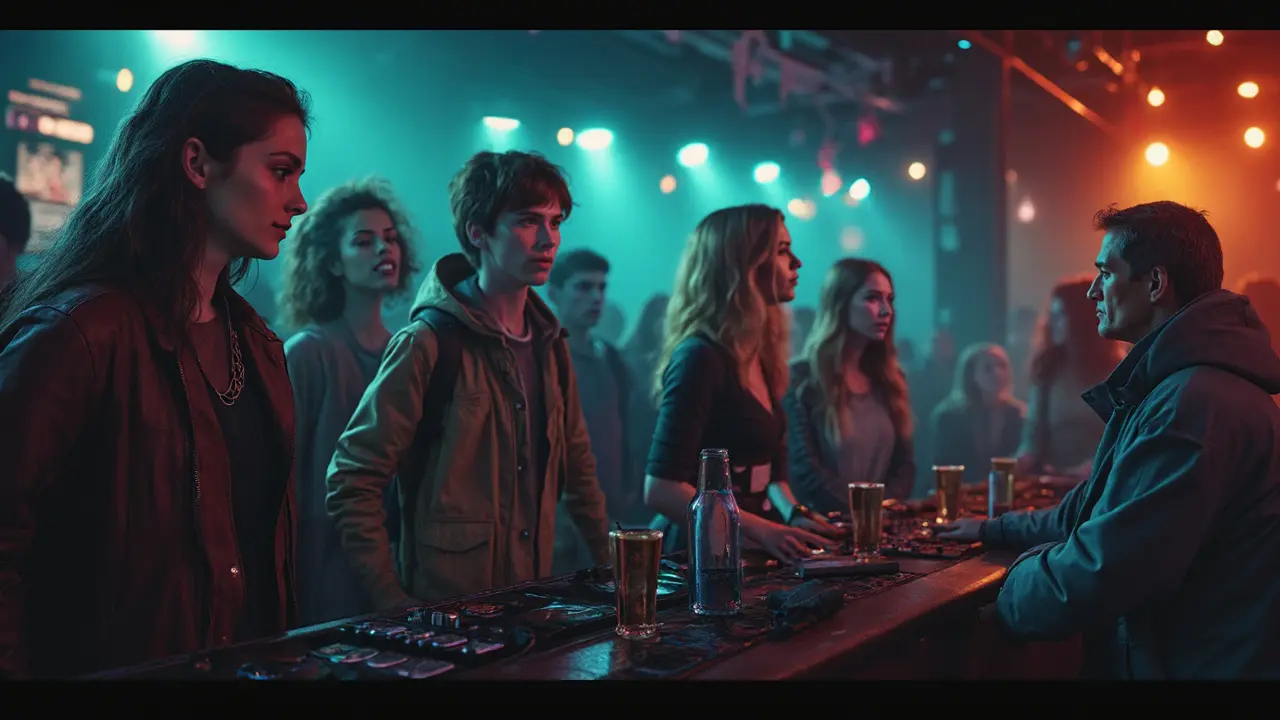
Why People Start Clubbing (and When They Slow Down)
So, what actually sparks people to step into the world of clubbing in the UK? The answer’s not just about turning 18, though that’s a big part. Hitting that magic legal age opens doors to adult nightlife, especially since clubs have to stick to the 18+ alcohol rule. For a lot of people, this coincides with uni life. Leaving home, making new mates, and finding yourself in a new city pretty much sets the scene for late nights on the dance floor.
Most clubbers in the UK start out at 18 or 19, usually when they’ve just moved away for university or college. There’s a burst of energy in freshers’ week and during the first couple of years of higher education. This is when you see the classic big nights out, themed parties, and student discounts all over the place. The average age clubbing UK hovers around early 20s, with uni students making up the heaviest crowd during term time.
But here’s a stat for you: a study from Deltic Group, the UK’s largest nightclub operator, said the average age of clubbers in bigger cities like Manchester, Birmingham, and London is about 21. Plus, their data revealed folks tend to slow down around age 27. People start picking up work commitments, more serious relationships, and just don’t bounce back from a 3 AM night like they used to.
| Age Group | Typical Activity |
|---|---|
| 18-21 | Frequent clubbing, especially with uni friends |
| 22-25 | Regular but less intense clubbing, exploration of bars and pubs |
| 26-30 | Clubbing mostly for special occasions, stag/hen nights |
| 31+ | Occasional visits, more into niche or nostalgia nights |
Why the change? A few big reasons pop up again and again in surveys:
- Hangovers hit harder and recovery takes longer
- Work and family life need more attention
- Going out gets pricier, and many prefer chilling at home or in smaller groups
- Music tastes might shift toward live gigs or even quieter venues
Does everyone follow this path? Not at all. You’ll spot people in their 30s and 40s still loving the scene, just maybe less often or at more ‘grown up’ clubs. Some nights actually cater to older crowds, throwing back to old-school dance hits. Don’t be surprised to see reunion bash nights packed full of people who remember when vinyl was king.
Bottom line: clubbing in the UK usually starts with uni life, peaks in your early 20s, and slows by your late 20s. But there’s no real age limit. If you love it, keep going—just know your fellow dancers change as you get older, and the party never really stops. It just finds new places.
Age Checks, Entry Rules, and What to Expect at UK Clubs
If you’re heading out for a night in a UK club, age checks are basically a given. No kidding—door staff will almost always ask for ID, and they’re not messing around. The law says you must be 18 or over to get into most clubs, mainly because alcohol is sold everywhere. Even if you look older, don’t be surprised if the bouncer still wants proof.
The ID most clubs accept isn't just any old card. Bring a passport, driving licence, or a PASS Card. Flashing a student card or a photo on your phone doesn’t usually cut it. If you forget your ID, you’ll probably spend your night queuing for a cab home instead of hitting the dancefloor.
Entry rules also go way beyond age. Here’s what clubs typically check:
- Dress Code: Trainers and sportswear often get you turned away in city clubs, while others in student areas might be more chill. Check the club’s website or socials ahead of time.
- Entry Fee: Prices change by night and location. Expect to pay anywhere from £5 for weeknights up to £20 or more for big clubs or special events. Some offer cheaper “early bird” tickets online.
- Last Entry Times: Many clubs have a time limit—get there before midnight or 1am or you won’t get in, even if you’ve got a ticket.
Security is tight, especially in big city clubs. Bags are searched, you’ll pass through a metal detector at some places, and anyone too tipsy might be refused entry. Clubs in London, Manchester, and Birmingham are known for strict checks.
So, what’s it actually like inside? Most clubs have coat checks (for a few extra quid), a bar (with pricy drinks—think £6 for a single vodka Red Bull), pumping music, and usually more than one dance floor. If you’re an early arrival, expect it to be quiet till about 11pm. By midnight, though, it gets packed.
| Rule | Typical Policy |
|---|---|
| Minimum Age | 18+ |
| Accepted ID | Passport, driving licence, PASS card |
| Average Entry Fee | £5–£20 |
| Bag Search/Security | Almost always |
| Last Entry Time | Midnight–1am (varies) |
| Dress Code | Varies, check club website |
Here’s a quick tip: if you’re not sure about something, check the club’s socials before heading out. They tend to post real-time updates about entry rules or event-specific requirements.
And if you’re after that perfect night, don’t just show up last minute without planning. Dress smart, bring your legal ID, and know your club’s vibe. No one wants their big night to end before it starts—all because they forgot the rules.
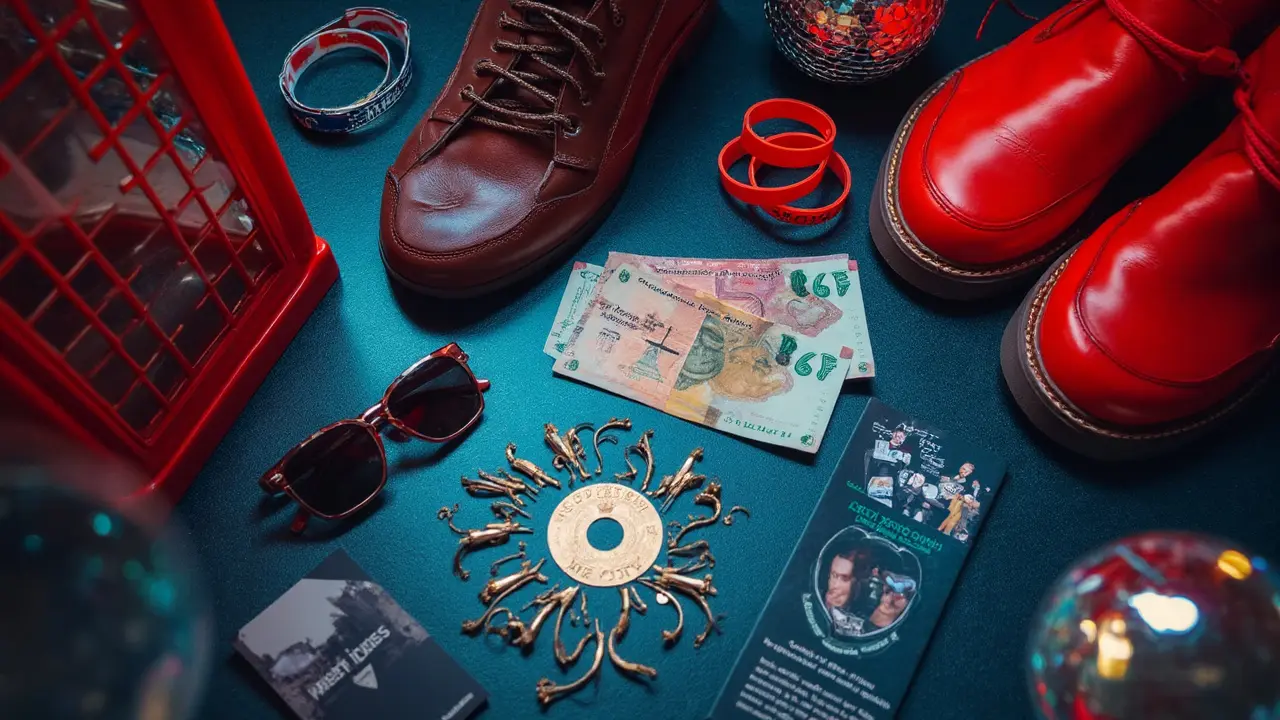
Navigating Clubbing at Different Ages: Tips for Every Stage
The clubbing scene in the UK isn’t one-size-fits-all. Whether you’re just starting out at 18 or still loving the dancefloor in your 30s or 40s, each age has its own vibe. Here’s what you need to know, and a few tips to make your night better—no matter how old you are.
| Age Group | Common Experience | Tips |
|---|---|---|
| 18-21 | First clubbing years, usually university students; packed student nights and budget drinks. | Bring ID, stick together, know your limits, and plan your ride home. |
| 22-29 | Confident regulars; hit mainstream clubs and festivals, often spend more on tickets and drinks. | Try speciality nights or new venues. Get there early to avoid long queues, and watch out for guest list perks. |
| 30-39 | Picky about the venue; prefer classier settings, live DJs, or “after work” events. | Check club age ranges before you go—some nights attract a certain crowd. It’s all about quality over quantity now. |
| 40+ | Less common but still present—especially at themed nights, retro parties, or private events. | Look for “grown-up” events or weekday socials. There’s no “expiry date” on enjoying music and good company. |
Let’s break this down a bit more. Clubs legally have to check ID if you appear under 25. So even at 30, if you look young, bringing your license is smart. Most people start clubbing as soon as they can—18 is the legal drinking age—but did you know around 70% of clubbers in the UK are between 18 and 29? After 30, folks often hit up bars or private events instead, but plenty keep the beat going if that’s their thing.
If you’re new to the scene, stick with a group and be cautious of cheap drink deals—easy to get caught up in the moment. If you’re a regular, switch it up with a new club night or music genre. Over 30 and feeling awkward? Don’t sweat it. Some places, especially in cities like London or Manchester, host over-30s or even over-40s nights where everyone’s there for the same reason—to enjoy good music and unwind. The key: pick the club and night that suits you, not just your age.
- If you’re nervous about standing out, check online reviews or the club’s event calendar for age-specific nights.
- Don’t forget, booking a table or VIP area can make things smoother (and save your feet a little pain).
- Dress codes matter more as you get older, as fancier places expect smart-casual wear. Trainers or sportswear? Most top clubs say no.
Bottom line—nobody’s clocking your age at the door as long as you’re legal and enjoying yourself. The average age clubbing UK might center around 21–28, but there’s room on the floor for everyone. The only rule that really matters? Have fun and look out for your mates.


